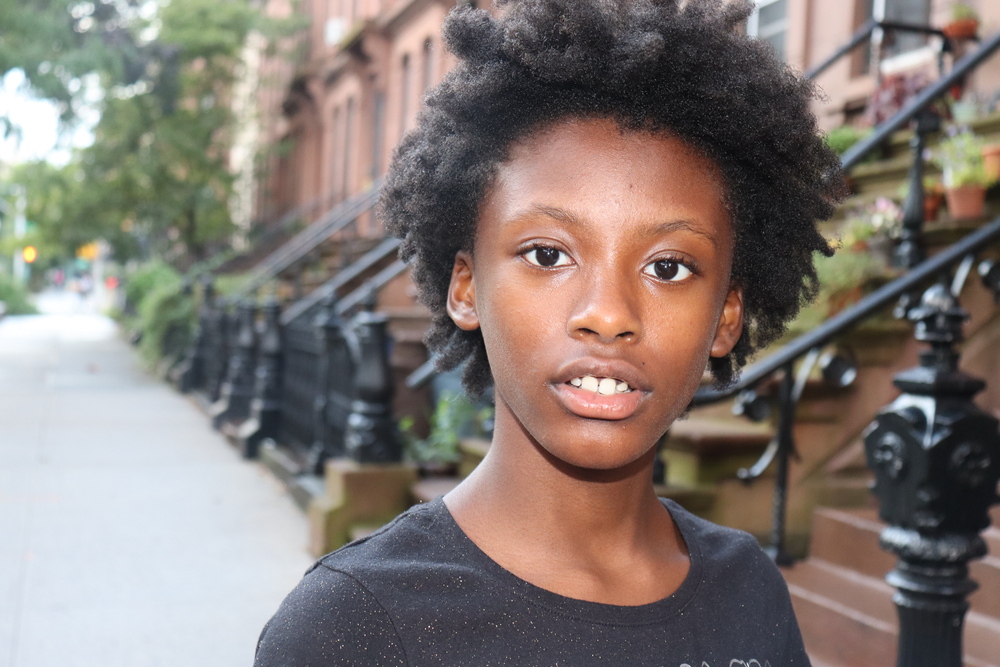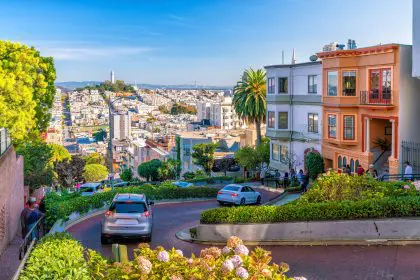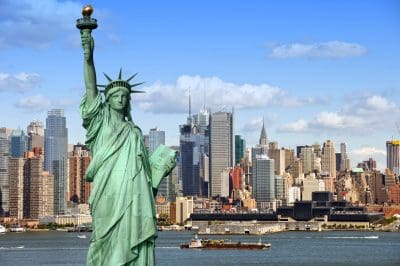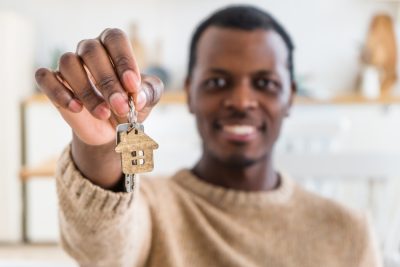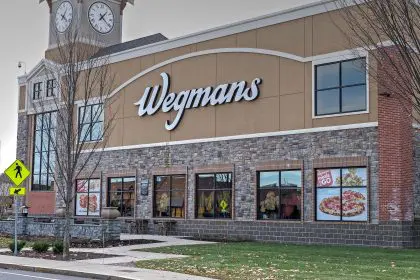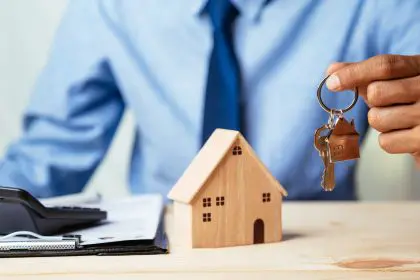The streets that were once filled with the vibrant culture and deep-rooted history of Black communities are now being transformed, often in the name of progress. Gentrification, a process where urban neighborhoods are renovated and upgraded, has become a controversial topic. While it brings about economic development and improved infrastructure, it often comes at a significant cost to the original inhabitants—particularly Black communities. As these areas change, the economic fabric that once supported these communities is slowly torn apart, leading to displacement and a loss of cultural identity.
But how exactly does gentrification destroy Black communities economically? This article delves into the economic impact of gentrification on Black neighborhoods, examining the loss of affordable housing, the displacement of long-time residents, and the erosion of community-based businesses.
The loss of affordable housing
One of gentrification’s most immediate and devastating effects is the loss of affordable housing. Historically Black neighborhoods have often been targeted for gentrification due to their prime locations near city centers. As developers move in, they purchase old, often dilapidated homes at low prices, only to renovate them and sell them at much higher rates. While this may seem like a positive change on the surface, it has dire consequences for the existing residents.
Affordable housing options dwindle as property values rise, making it increasingly difficult for low-income families, many of whom are Black, to stay in their homes. Rent prices soar, and those who once could afford to live comfortably in their neighborhoods are forced to move out, often to areas further away from the city center, where there are fewer opportunities for employment and economic advancement.
The emotional toll of being displaced from one’s home cannot be understated. Many Black families’ homes and neighborhoods are more than just places to live—they are repositories of family history, culture, and community. Being forced to leave disrupts social networks and breaks the bonds that have held these communities together for generations.
The displacement of long-time residents
Gentrification doesn’t just affect the housing market; it also leads to the displacement of long-time residents. As new, wealthier residents move into gentrifying neighborhoods, the cost of living rises across the board. Local businesses that once catered to the needs and budgets of the community are replaced by higher-end establishments that cater to the new demographic. This shift not only makes everyday necessities more expensive but also creates a cultural dissonance, where long-time residents feel out of place in their own neighborhoods.
Displacement is not just a physical relocation; it’s a psychological and emotional process. Long-time residents often find themselves marginalized in the communities they helped build. The loss of familiar faces, community events, and cultural landmarks creates a sense of alienation and loss. For Black communities, this is particularly painful, as it echoes a long history of displacement and exclusion, from the forced removal of Black populations during urban renewal projects to the legacy of redlining and discriminatory housing policies.
The economic impact of displacement is profound. As residents are forced to move to less expensive areas, they often lose access to jobs, educational opportunities, and social services that were previously within reach. This can lead to a cycle of poverty and economic instability, making it even more difficult for displaced families to rebuild their lives.
The erosion of community-based businesses
Small, community-based businesses are often the first casualties of gentrification. In many Black neighborhoods, these businesses serve as vital economic engines, providing jobs, goods, and services tailored to the needs of the community. However, as property values rise and rents increase, many of these businesses are unable to keep up with the costs. They are often replaced by larger, corporate-owned businesses that cater to the tastes and incomes of the new residents.
The loss of these businesses has a ripple effect on the local economy. When small businesses close, jobs are lost, and the money that was once circulated within the community is diverted elsewhere. The economic vitality of the neighborhood declines, and with it, the sense of community and belonging that these businesses helped foster.
Moreover, the cultural impact of losing these businesses cannot be overstated. For many Black communities, local businesses are more than just places to shop—they are cultural hubs, where residents gather, share news, and maintain the neighborhood’s social fabric. The loss of these spaces erodes the cultural identity of the community, making it harder for long-time residents to feel at home in their own neighborhoods.
The impact on generational wealth
Gentrification also has long-term implications for the economic future of Black families. Homeownership has historically been one of the most significant ways to build generational wealth in the United States. However, as gentrification drives up property values, many Black homeowners find themselves pressured to sell their homes, often at prices that, while higher than what they originally paid, are still below the market value in a gentrifying neighborhood.
When these homes are sold, the opportunity to build generational wealth is lost. The new owners, often wealthier and predominantly white, benefit from the rising property values, while the former owners are left with a one-time payout that does not keep pace with the long-term benefits of homeownership in a gentrified area. This perpetuates the racial wealth gap, making it more difficult for Black families to accumulate and pass down wealth to future generations.
The loss of generational wealth has far-reaching consequences. Without the financial stability that comes from owning a home, Black families are less able to invest in education, start businesses, or save for retirement. This creates a cycle of economic disadvantage that can take generations to break, further entrenching the economic disparities between Black and white communities.
Conclusion: The need for equitable development
Gentrification is often touted as a necessary process for urban renewal, but its benefits are not evenly distributed. While it brings economic development to neglected areas, it often does so at the expense of those who have lived in these communities for generations. For Black communities, the economic destruction caused by gentrification is particularly severe, as it exacerbates existing inequalities and undermines the social and economic fabric of the neighborhood.
To mitigate the harmful effects of gentrification, there is a need for more equitable development policies that prioritize the needs of existing residents. This includes investing in affordable housing, supporting community-based businesses, and creating opportunities for long-time residents to benefit from the economic growth in their neighborhoods. Doing so makes it possible to create vibrant, diverse communities where everyone can thrive without sacrificing the history and culture that make these neighborhoods unique.
Gentrification does not have to mean the destruction of Black communities. With thoughtful planning and a commitment to equity, it is possible to develop urban areas in a way that preserves their economic and cultural integrity. The future of our cities depends on our ability to balance progress with preservation, ensuring that all residents have a stake in the prosperity that gentrification can bring.
This story was created using AI technology.

